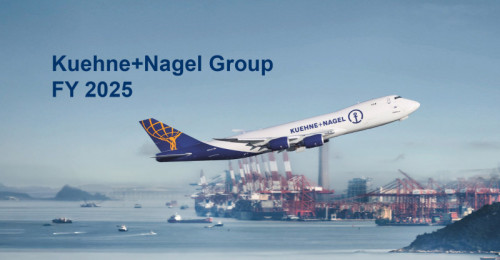The traditional retail-led holiday surge, typically seen ahead of Christmas, occurred earlier this year in the United States.
According to a press release by the Port of Los Angeles, retailers have accelerated their holiday imports, allowing the port to move nearly 2 million containers in July and August.
Many US retailers completed their shipments at least a month earlier than usual to mitigate costs associated with President Donald Trump's evolving tariff policies.
Gene Seroka, Executive Director of the Port of Los Angeles, confirmed that much of the year-end holiday cargo has already arrived and is currently moving through the national supply chain system.
"Retailers and manufacturers have continued to bring goods in early, both to get ahead of holiday demand and to hedge against any shifts in trade policy," Seroka says.
About half of the volumes moved at the Port of Los Angeles belong to retailers.
The trade surge contributed to the port's record-breaking cargo volume in July, when over 1,019,000 TEUs were handled. In August, the volumes slightly dropped but remained above 950,000 TEUs.
For the remainder of the year, experts anticipate a reduction in import volume.
“I expect container volumes to ease through the rest of 2025 - especially against last year’s unusually high benchmarks," says Seroka, adding that "economic signals like slowing job growth and lingering inflation are making both importers and consumers a bit more cautious.”
Echoing his outlook, the National Retail Federation and the Port of Long Beach are projecting a steady decline in container imports for the rest of the year.
Mario Cordero, CEO of the Port of Long Beach, noted that shifting trade policies create uncertainty for businesses and consumers, slowing job growth and persistent inflation.
Similarly, Reuters reports that a PricewaterhouseCoopers survey expects US consumers to experience the steepest decline in holiday spending since the pandemic.







